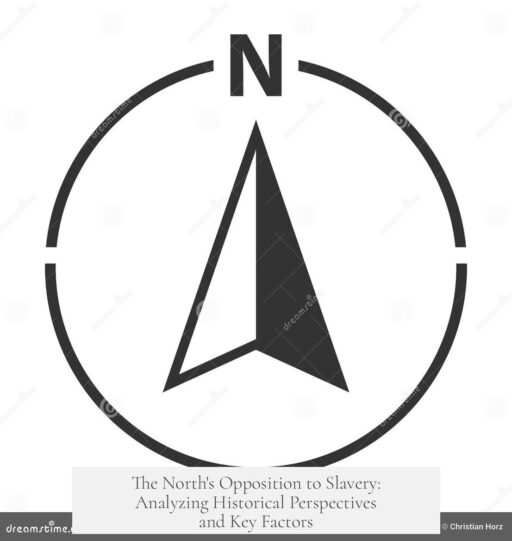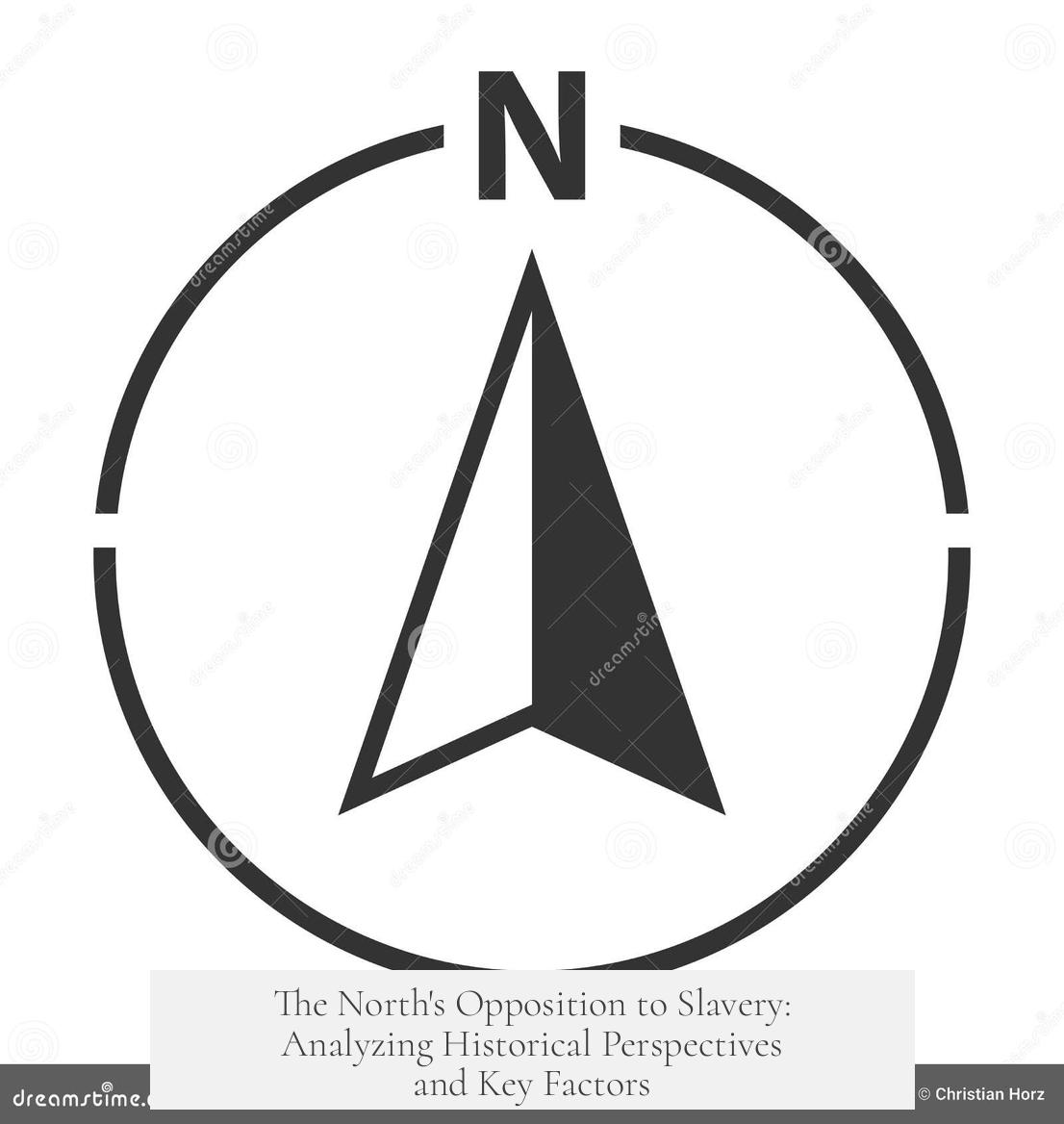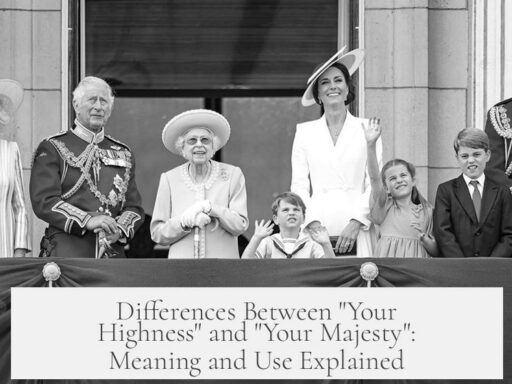The North opposed slavery primarily due to conflicting labor ideologies, political power struggles, moral and religious objections, and economic factors that shaped regional interests and identities.
The concept of free labor stood at the core of Northern opposition to slavery. Northerners valued a system where workers were free individuals who could seek employment and improve their status through hard work. Slavery directly threatened this ideal by introducing forced labor that could undercut wages and job opportunities for free white workers. Many Northern voters and politicians saw slavery as competition that would limit upward mobility. They feared that if slavery expanded, slave laborers would displace free laborers in the labor market, hurting the Northern working class.
Politically, the North resisted the spread of slavery into new territories and states. This opposition stemmed from concerns over Southern attempts to expand slaveholding states, which risked tipping congressional power in favor of the South. The 3/5 Compromise had already granted Southern states disproportionate representation by counting enslaved people as part of the population for legislative seats. The North viewed this as an unfair political advantage that could enable the South to dominate national policies and extend slavery nationwide. Incidents such as the violent conflicts in “Bleeding Kansas” underscored fears that Southern pro-slavery forces would impose their system by force.
Moral and religious reasons also motivated many Northerners, especially abolitionists and church groups such as Quakers, Methodists, and Baptists. These groups condemned slavery as a sin and a violation of human dignity. Influential abolitionist literature, notably Harriet Beecher Stowe’s Uncle Tom’s Cabin, helped galvanize public sentiment against slavery by exposing its brutality. However, not all Northerners were abolitionists; many supported restricting slavery’s expansion rather than immediate emancipation.
The North’s economy did not depend on slavery, making opposition practical as well as ethical. Northern economies featured industrial factories and small-scale farming that relied on wage labor from free workers who earned income and could participate in consumer markets. In contrast, the Southern economy centered on labor-intensive cash crops like cotton and tobacco, which thrived in warm climates and required extensive labor that plantation slavery provided cheaply. Thus, the geographic and economic conditions reinforced divergent attitudes toward slavery between regions. By opposing slavery, the North sought an economic system more aligned with capitalist wage labor and consumer markets.
Social and racial factors had complex influences. Interestingly, some Northerners opposed slavery partly because they preferred to limit the presence of black people in Northern states. Opposition to slavery did not necessarily equate to racial equality or welcoming African Americans socially.
The onset of the Civil War initially focused on preserving the Union rather than abolishing slavery outright. Lincoln’s election in 1860, viewed by Southerners as a threat to slavery, triggered secession fears and conflict. While Lincoln and the Union government carefully approached emancipation, the war itself became a turning point. Emancipation was used as a strategic military tool to undermine the Confederacy by freeing enslaved people who could support the Southern war effort. Over time, anti-slavery sentiment in the North strengthened, culminating in support for the Thirteenth Amendment, which abolished slavery nationwide.
| Factor | Description |
|---|---|
| Labor Ideologies | North favored free labor; slavery threatened job prospects and wages. |
| Political Power | Opposition to South’s expansion of slavery to maintain congressional balance. |
| Moral and Religious Views | Many Northerners saw slavery as sinful; abolitionist literature spread opposition. |
| Economic Factors | Northern industrial economy suited free labor; Southern plantation economy relied on slaves. |
| Social/Racial Dynamics | Some opposed slavery to limit African American presence in the North. |
| War & Emancipation | Civil War led to gradual abolition; emancipation became a strategy to weaken the South. |
The Northern opposition to slavery arose from a mix of ideological, economic, political, and moral causes. Free labor principles clashed with the entrenched slave system of the South. Political fears of Southern dominance intensified resistance to slavery’s growth. Moral condemnation by churches and abolitionists raised awareness of slavery’s injustice. Economically, slavery did not fit Northern capitalistic industries or consumer base. Social attitudes often complicated the stance toward race. Eventually, the Civil War and shifting political goals transformed opposition into abolition.
- The North valued free labor and opposed slavery as economic and job competition.
- Political concerns focused on preventing Southern dominance through slave states.
- Moral and religious groups condemned slavery as sinful and immoral.
- Northern economies did not rely on slavery, encouraging opposition.
- Social dynamics influenced some opposition to slavery’s racial implications.
- The Civil War shifted Northern goals from union preservation to abolition.
Why Did the North Oppose Slavery? A Deep Dive Into History’s Complex Debate
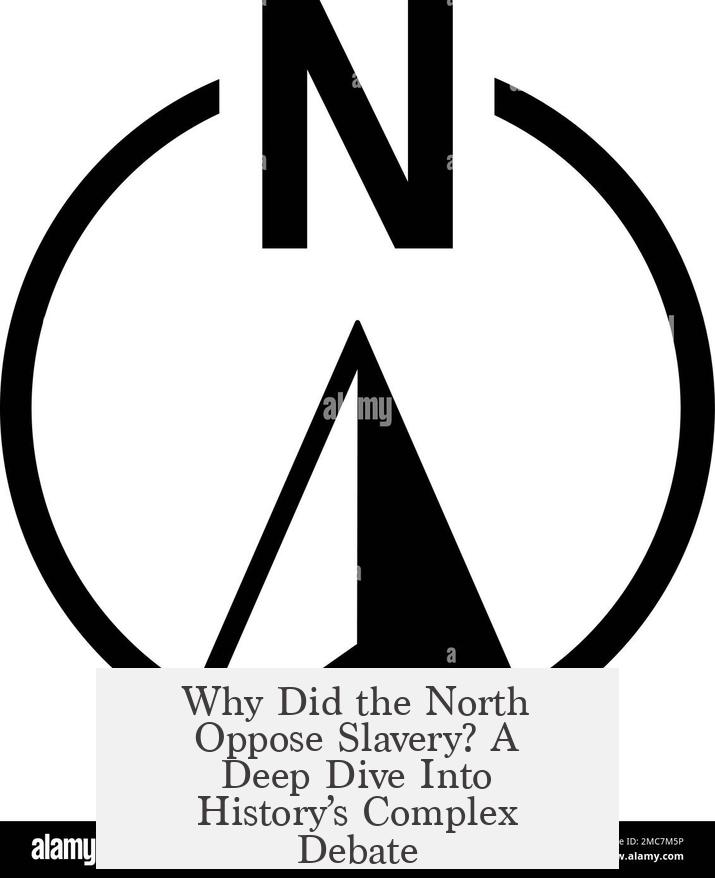
The North opposed slavery primarily because it represented a challenge to their free labor ideology and economic ambitions, and because they feared political domination by the slaveholding South. But that’s just scratching the surface. Let’s unpack how economics, politics, morality, geography, and even a sprinkle of literature all stirred the Northern opposition to slavery into a potent historical force.
Understanding the North’s opposition means stepping into the shoes of 19th-century Americans. Imagine the perspectives, interests, and fears shaping their views. Ready? Let’s go.
Different Labor Ideologies: Free Labor vs. Slave Labor
One of the core reasons the North opposed slavery lay in its fundamental clash with the *free labor* system. Northern workers prided themselves on the idea that anyone could earn a living by working hard. It was capitalism in action, or at least the idealized version of it.
Now, picture yourself as a factory worker or a small farmer in the North. Would you be keen to compete with enslaved individuals who worked without pay and under brutal conditions? The answer was usually no. Northern workers and politicians saw slavery as a direct threat to their economic survival and political power. If slave labor expanded, free white laborers risked losing jobs and wages.
One villager’s fear: “Why should I bust my guts if free laborers get shoved out by slaves who cost nothing to run?” This fear grew into a political stance that consistently pushed against the expansion of slavery into new territories.
Yet, the North wasn’t uniformly angelic. Many supported capitalism—a system that enslaves wage workers to the ‘almighty dollar.’ While the chains were invisible, the control was real, and workers were free only to pick their bosses. This distinction often goes unnoticed. Many Northerners considered capitalism a better, more ‘just’ system than slavery, even if it wasn’t truly free.
Political Power and Representation
Political stakes fired up Northern opposition. The South’s desire to expand slavery into new territories alarmed many Northerners. Take Kansas, Missouri, and Texas—the so-called “slavery battlegrounds” where tensions ran high.
Why such a fuss? Because the South’s expansionist aims threatened to shift the balance of power. Due to the infamous Three-Fifths Compromise, slave states counted three-fifths of their enslaved population towards congressional representation. This gave the South disproportionate political clout.
The North wasn’t always against slavery per se; many simply wanted to prevent the South from dominating Congress and the presidency. By blocking slavery in new states, Northerners sought to check Southern influence. A political chess game, with slavery as the contested piece.
Moral and Religious Opposition

Of course, it wasn’t *all* about power and money. Morality played a significant role among many Northerners. Churches—especially Quakers, Methodists, and Northern Baptists—boldly declared slavery a sin against God’s law.
Not all anti-slavery sentiment was religious either. Enlightenment thinkers had already condemned slavery on ethical and rational grounds. They questioned the injustice and hardship slavery imposed on human beings.
There was also a critical difference between abolitionists and anti-slavery advocates. Not everyone opposing slavery sought its immediate end. Some wanted to restrict or gradually phase it out. Abolitionists, like John Brown, were fired with a passion, willing to take extreme measures to destroy slavery completely.
And then came a literary bombshell: Uncle Tom’s Cabin. Harriet Beecher Stowe’s 1851 novel fervently depicted the horrors of slavery. It touched Northern hearts and minds, helping to galvanize public opinion. Even Abraham Lincoln read it while drafting the Emancipation Proclamation. Talk about literature shaping history!
Reaction to Southern Actions & Perceived Threats
The North’s opposition deepened as Southern politicians openly plotted expansionist moves, with whispers of invading Cuba, which struck many in the North as a sinister conspiracy aiming to spread slavery nationwide.
The violence in the South, too, frightened many Northerners. “Bleeding Kansas” became a notorious example where pro-slavery men committed murders for political and religious reasons. These violent episodes made the Southern cause appear brutal and lawless to Northern eyes.
The election of Abraham Lincoln in 1860 sparked panic in the South, who perceived him as an abolitionist threat, even though Lincoln initially sought only to stop slavery’s spread rather than abolish it outright. This panic triggered the secession crisis, setting the stage for war.
Economic and Geographic Factors
The North’s economy wasn’t built on slavery, which made opposition easier. Their industries flourished by selling goods to income-earning customers, not non-earning slaves. A free, wage-earning population meant markets for Northern factories. The South’s agricultural economy, reliant on crops like cotton, tobacco, and sugar, depended heavily on slave labor.
Growing these cash crops required vast amounts of manual labor. Cotton, especially, needed to be handpicked and processed—a grueling task cheapened immeasurably by enslaved workers.
The contrast was stark: Northern industry needed *consumers* with money to buy products. Slaves, with no income, couldn’t fuel that demand. For the North, supporting free labor reinforced their economic model.
Interestingly, the economic motives were sometimes stronger than moral ones. The South’s over-reliance on slavery crippled its development, empowering the North economically and politically. Opposing slavery was a smart move—if not always a sentimental one.
Social and Racial Factors
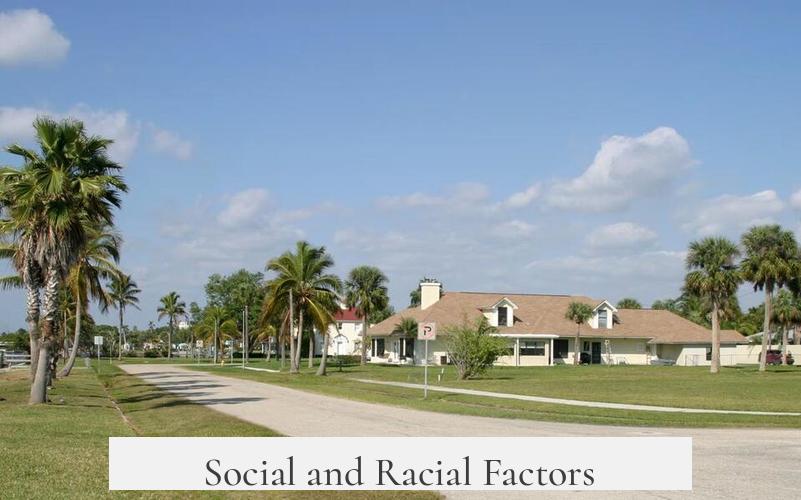
Here’s a twist not often discussed: many Northerners opposed slavery because they didn’t want black people migrating north. By opposing slavery, it became easier to maintain racial segregation and limit black presence in Northern states.
This reveals a complex social reality. Northern resistance to slavery wasn’t purely about racial equality but also about controlling where black people lived and ensuring white racial dominance.
War and Emancipation: A Gradual Shift
At the war’s outset, the North’s primary aim was preserving the Union, not abolishing slavery outright. Remember, many Northerners harbored mixed feelings about slavery during the early years.
Emancipation, then, became as much a military strategy as a moral cause. Freed slaves weakened the Confederacy by stripping it of labor and soldiers coerced into service. Lincoln’s Emancipation Proclamation was a powerful tactical blow, as well as a moral statement.
The war’s progression brought growing anti-slavery sentiment. By its end, most Northerners supported the Thirteenth Amendment, which abolished slavery nationwide.
Lincoln himself favored gradual reforms. He didn’t envision instant abolition but laid the groundwork for it. The Civil War accelerated those changes and forced the nation to confront slavery’s legacy head-on.
Wrapping It Up
The North’s opposition to slavery wasn’t a single-issue stand. It was a vibrant mix of economics, politics, morality, geography, and societal concerns.
- Free labor ideology: Many Northerners feared slavery undercut wage workers and economic opportunity.
- Political power: Preventing Southern domination of Congress shaped anti-slavery policies.
- Religious and moral beliefs: Churches and abolitionists fueled anti-slavery fervor.
- Economic interests: The North’s industrial economy needed consumers, not slaves.
- Social attitudes: Racial biases also influenced positions on slavery and Black migration.
- War and emancipation: Union preservation gave way to abolitionist momentum during the Civil War.
So next time someone asks, “Why did the North oppose slavery?” you can say: it was more than just being ‘the good guys’—it was a blend of fear, politics, economy, faith, and evolving values. Slavery’s demise came from many directions, each tugging the nation toward a new future.
History rarely offers simple answers. Instead, it offers messy, human stories full of contradictions and compromise. And that’s exactly what makes it fascinating.
Why did many Northerners see slavery as a threat to free labor?
Northerners valued a free labor system. They feared enslaved people would compete for jobs and lower wages. This competition threatened the working class economy and opportunity.
How did political power influence Northern opposition to slavery?
The North opposed slavery’s expansion because it shifted political power to the South. The South’s control in Congress was seen as unfair due to the 3/5 Compromise, giving slave states more representation.
What role did religion play in the North’s stance against slavery?
Many Northern churches viewed slavery as a sin. Groups like Quakers and Methodists condemned it morally. Religious beliefs strongly shaped anti-slavery opinions in the region.
Did all Northerners want to completely end slavery?
No. Some were abolitionists who demanded immediate ending of slavery. Others were anti-slavery, aiming to limit slavery’s spread but not necessarily abolish it at once.
How did Northern economic interests differ from the South regarding slavery?
The Northern economy relied on paid labor and consumer markets. It did not depend on slavery, unlike the South, which needed slave labor for agriculture like cotton and tobacco.
